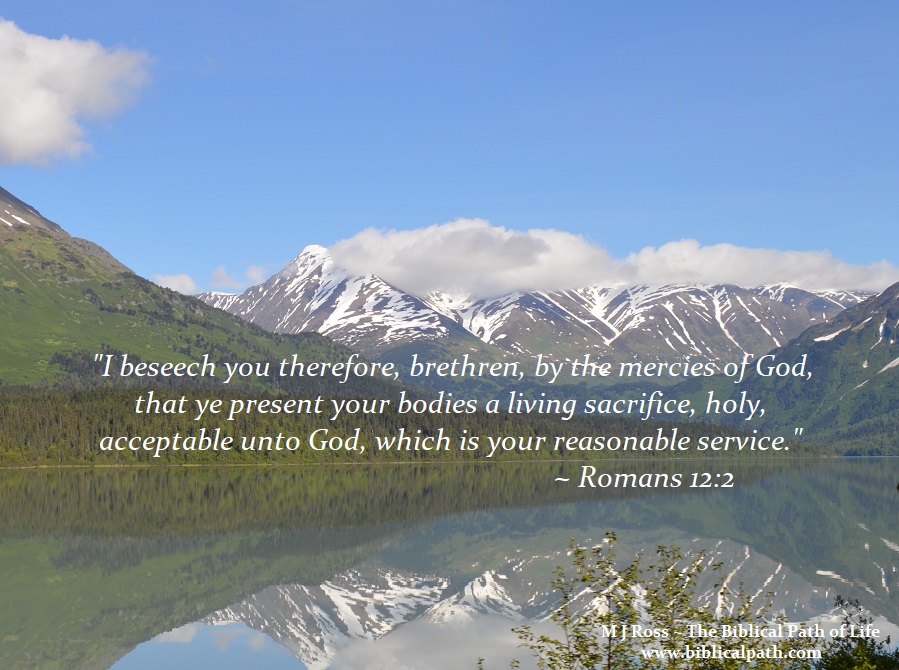
Key Verse
Watch ye, stand fast in the faith, quit you like men, be strong.
—1 Corinthians 16:13
Key Verse Thought: Read the Key Verse for this lesson. Understand the Key Verse with the following definitions:
- Watch means the caution needed against the anxiety resulting from the fear of the loss of one’s salvation.
- Stand fast means to stand firm in faith and duty; to be constant; to persevere; to remain steadfast in the faith and profession of Christ.
- Quit you like men means to behave oneself with the courage and wisdom of a man, as opposed to a babe in Christ; to behave courageously.
- Be strong means to be strong; to grow strong.
As we learned in our last lesson, Paul wrote to the church at Corinth to correct wrong teaching. In this lesson, we will find he continued with the importance of not quitting but living a faithful Christian life: fearless, steadfast faith, behaving, courageous, and growing.
Emphasis: We are to understand that Christians are the body of Christ, and to understand our responsibilities as a Christian – namely to become a strong, faithful Christian who lives a life pleasing to God. As Christians, we are to have godly, Christian friends who can encourage us to serve Jesus and His church faithfully.
Lesson Summary: In our last lesson, we learned that Paul wrote to the church at Corinth because of the divisions and problems about which he had heard. After explaining Jesus was the only way to be saved, he continued by reminding them that they were not to live in the wisdom of man, but in God’s wisdom – for they were bought with a price.
In this lesson, we continue with that letter to the church at Corinth. As Paul further instructed the people on their Christian responsibilities. He taught that it is important for the church to take care of the pastor – for his life is the ministry of the Gospel. However, each Christian is responsible for living a life that anyone who sees may understand that they belong to Jesus. Paul reminded them of the children of Israel in the wilderness, specifically what happened when they refused to obey God, and instead fulfilled their own lusts. The people died in the wilderness, never reaching the Promised Land.
Paul also taught the importance of the Lord’s Supper, and that Christians are, collectively, the body of Christ. Christians were taught the importance of remembering why Jesus died and sharing that message with others. Paul taught many areas in which Christians are to remain faithful, living a life pleasing to God. He called upon the Corinthians to, “Watch ye, stand fast in the faith, quit you like men, be strong” (1 Corinthians 16:13).
Y3Q3 – Lesson 4 Questions
Y3Q3 – Lesson 4 Children’s Worksheets
If you are teaching this to children, we drew and decorated a church building, helping them understand that the people attending are really the “church”.
The Biblical Path of Life – Year Three, Quarter Three is now available through Amazon.















